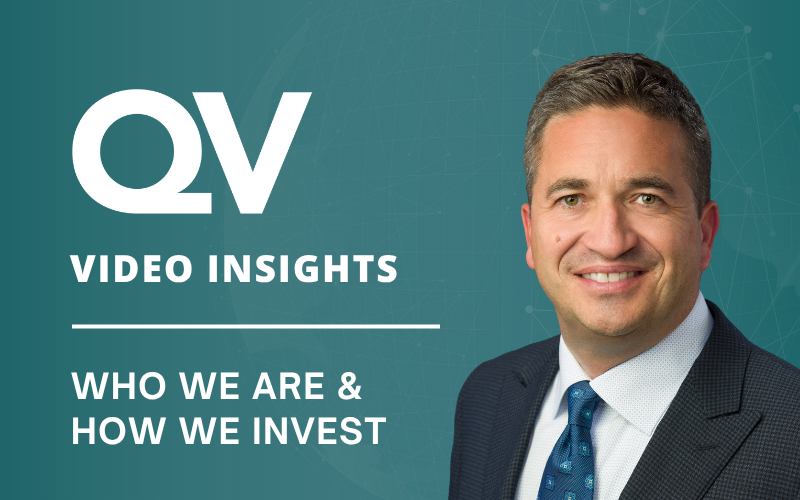Occasionally I enjoy playing chess in my spare time. I am far from great at it, but I like to think I’ve become a better player with a bit of practice over the years. Formulating a series of moves and attempting to maximize the position of each piece are parts of the game that draw me in.
A challenging aspect of the game is adapting a plan on the fly. The ability to recognize patterns and consistently identify openings on the board is a skill that must be deliberately honed over time. One of my favourite tools to analyze a game is flipping the board around. Though I can see every move that my opponent makes, their intent is more apparent to me when I see it directly from their perspective. It helps me glean insights about their strategy and what could be wrong with mine.
ANOTHER INVESTING LESSON FROM CHESS
The game of chess offers many investing lessons, which my colleague has touched on previously. Branching from their insight, another important lesson is understanding the opposing side’s position. This is essential to making better decisions in chess and investment research.
One way we attempt to do this effectively is by soliciting questions from our Investment Committee. Members offer up their experience to point to patterns that may not have been apparent before. Making calls to our sell-side colleagues to check over facts and debate ideas is another way to gain a picture of what the so-called board looks like from the other side. The point is to see things from different angles, particularly the one that opposes your own viewpoint.
THE ATTACHIE GAMBIT – PERSPECTIVES ABOUT ARC RESOURCES
Our additional investment in ARC Resources earlier this year is a good example of turning the board around to gain conviction for our next move. To set the context, natural gas prices had fallen by nearly 50% in the first quarter as global supply proved to be far less tight than originally feared. In response, shares of some producers like ARC Resources fell nearly 20% compared to the end of 2022.
ARC’s share price appeared undervalued though we sought an understanding of what other investors thought about it. Many pointed to ARC’s natural gas production as a potential weakness, though we felt this overlooked the cash flow generation power of its liquids production which comprises >40% of its total volumes.
We also came to understand that others were not so keen on ARC’s major growth project, Attachie West, believing that it would cost far more than anticipated and wouldn’t produce strong enough returns to warrant the investment. These investors felt the cash might be better off in the hands of shareholders through even more share repurchases and dividends.
There was merit to this side’s position about the cost of Attachie. Inflation was hurting base metals mining companies, which were reporting that they would need far more money than budgeted to build new mines or keep existing ones going. We investigated whether similar forces would afflict ARC’s budget for Attachie and concluded that they likely would. We flipped the board back to our side and drew up some new plans. We modeled whether Attachie would realize an acceptable return with both lower natural gas prices and a higher cost than ARC had communicated.
Ultimately, we concluded that the Attachie investment has the potential to still increase the per-share value of ARC more than if it used the money for direct shareholder returns instead. Recognizing the risks highlighted from other points of view, we saw paths to great returns at the prevailing market price and proceeded to meaningfully increase the Canadian large cap strategy’s investment in the company.
EYES ON THE ENDGAME
The strongest chess players are the ones who can maximize their chance of winning by seeing strategies unfold a few steps ahead on both sides of the board. Getting there requires practice in recognizing patterns to reveal opportunities, which can be accomplished by studying your opponent’s decisions.
The markets can feel quite like a game of chess. Sometimes we need to make defensive positioning changes and at other times we take advantage of opportunities ahead of us. In any situation, managing risk while growing our clients’ wealth is the endgame we work towards.




